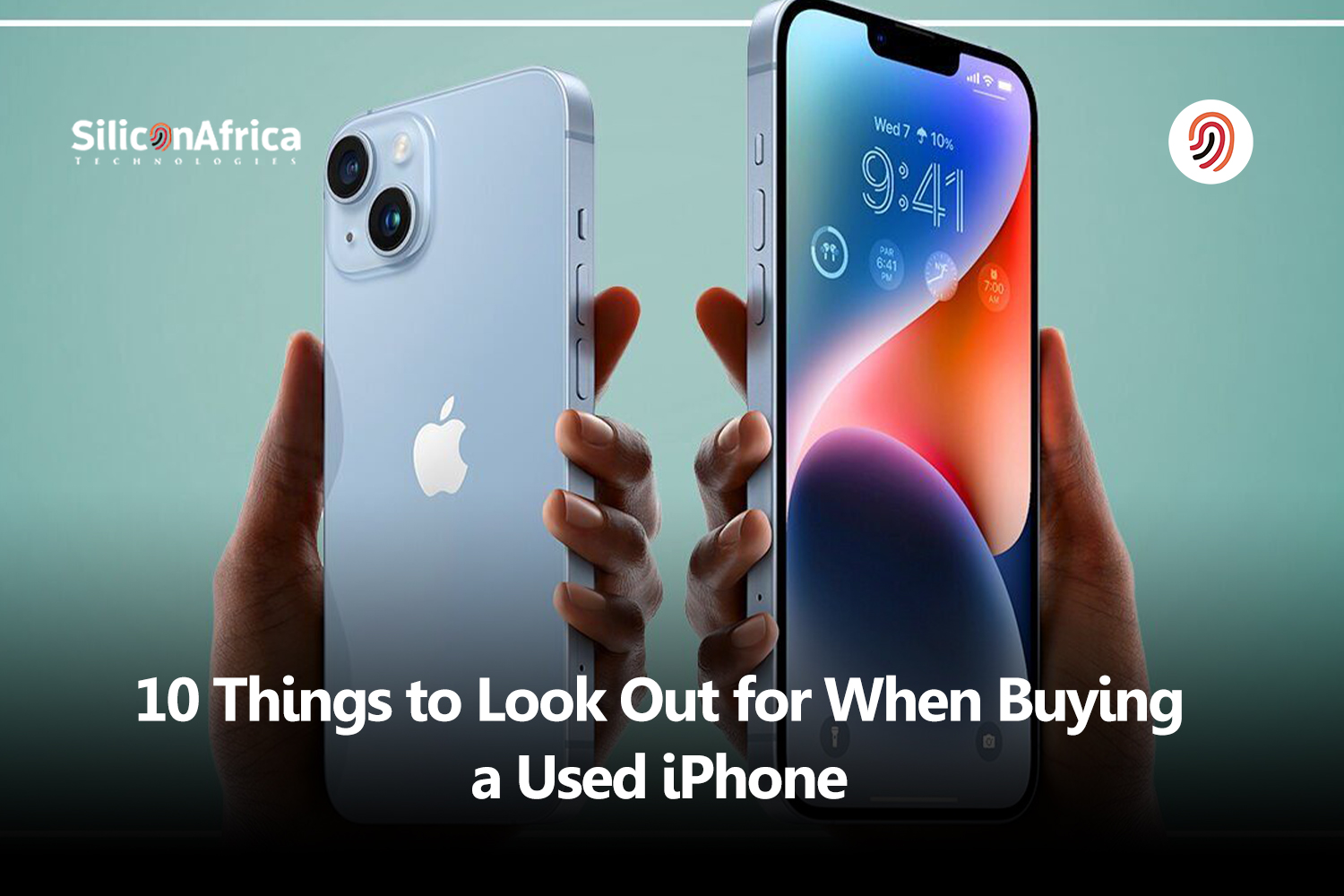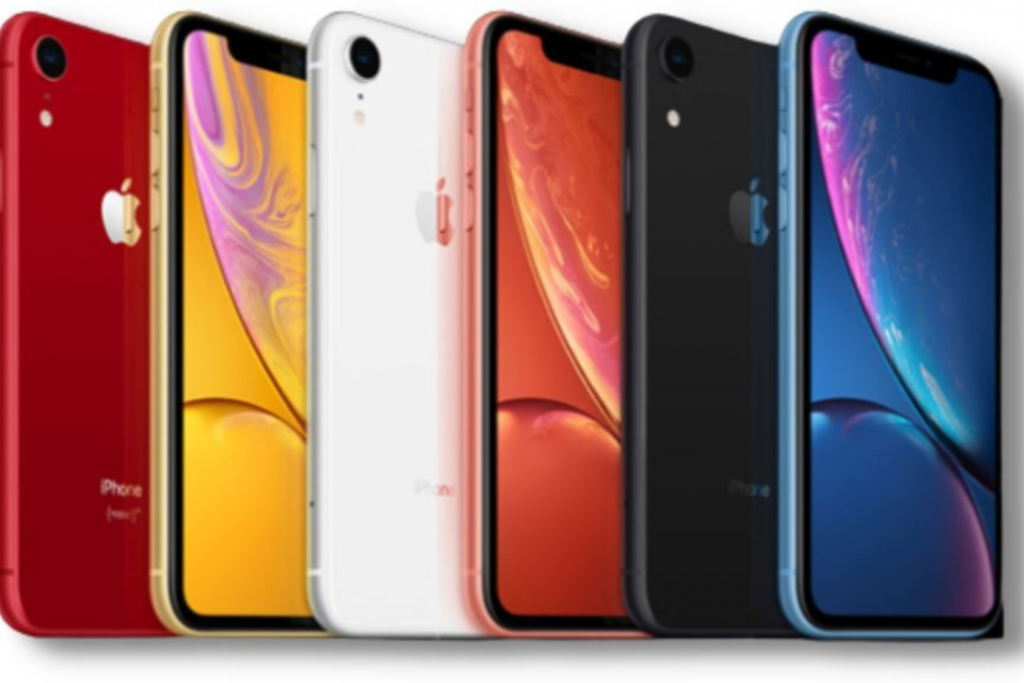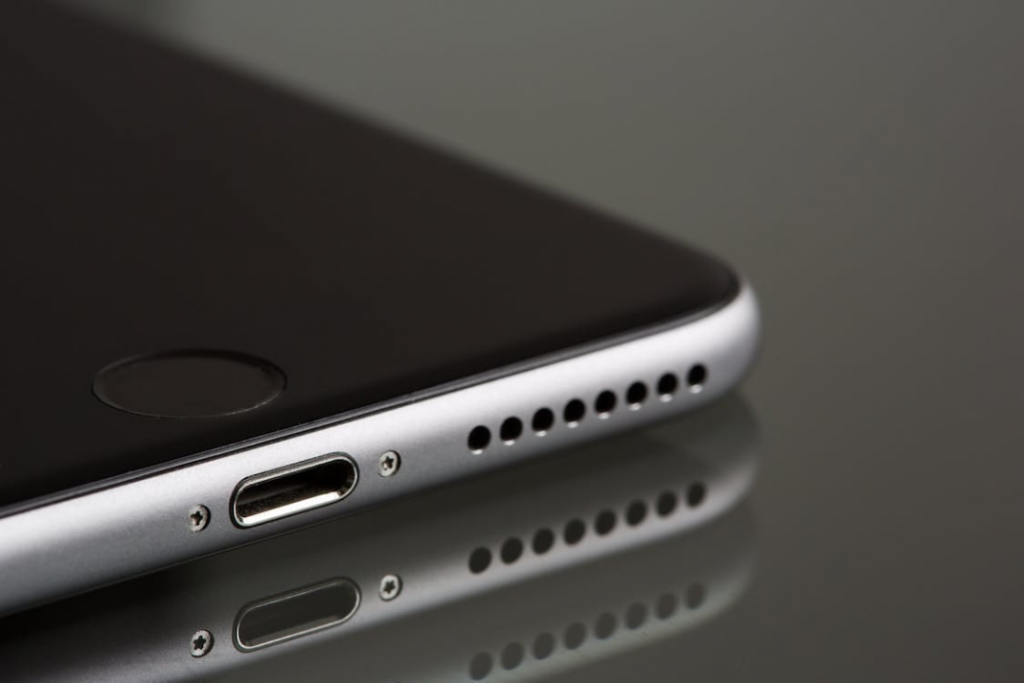Physical Address
60 Ekwema Cres, Layout 460281, Imo
Physical Address
60 Ekwema Cres, Layout 460281, Imo

Navigating the second-hand market for tech gadgets can be quite a task, especially when looking to buy a used iPhone. Used iPhone are constantly in high demand, and they’re an excellent choice if you want to save money on an Apple smartphone.
However, it is an economical alternative worth considering if the price tag of a new model seems daunting. Yet, crucial considerations must not be overlooked, including the battery health of the used iPhone, as it plays a vital role in the phone’s performance.
This article provides essential pointers that should be your compass when investing in a used iPhone.
Understanding iPhone battery health and other important features is crucial to making sure you’re not only saving money but also buying a phone that’s still high functioning.
So, read on to make an informed decision and optimize value for money when you next purchase a second-hand iPhone.
Read More: How to Backup your WhatsApp on iPhone and Android in 2025

Understanding the market for second-hand iPhones requires insight into factors influencing the value and demand of these used phones.
The constant updates in iPhone models create an influx of older versions into the used iPhone market, creating a variety of options for potential buyers.
The value of second-hand phones largely depends on its condition, storage capacity, and model, as newer models are typically priced higher.
A notable reason why individuals choose to buy a used iPhone is the opportunity to own an iconic piece of technology at a reduced cost.
Consequently, the second-hand iPhone market has become an essential segment in the consumer electronics industry, driven by consumers’ desire for affordability without compromising on quality and features. Proper understanding of this market is beneficial for both buyers and sellers to get the best deal.
When it comes to buying a phone, most people may think of purchasing the newest model on the market. However, there are various reasons why buying a used iPhone could be more beneficial.
Besides being more environmentally friendly, a used iPhone could potentially save you a considerable amount of money.
The rapid growth in the tech industry has enabled used phones to maintain good functionality and still be capable of running modern application and features. Let’s explore the many advantages of buying a used iPhone.
A significant advantage of purchasing a used iPhone is the price. Newer models are often expensive, but purchasing them second-hand can drastically cut the costs. Used iPhones are considerably less expensive than brand-new models, but still offer nearly all the same features.
Purchasing a used iPhone also benefits the environment. Producing new ones requires both energy and resources, which has a direct effect on our planet. By opting for a used model, you’re minimizing your carbon footprint and reducing waste.
iPhones have a reputation for holding their value over time, due in part to their solid build quality and continued software updates. Even older models will often work well for years, meaning you can use a pre-owned iPhone for a long time before you’ll need to consider an upgrade.
Another advantage is that if something goes wrong with a used phone, it’s often easy to find affordable replacement parts. If a component on a new model fails, it can sometimes be harder and more expensive to find the necessary parts for repair.
Often, used iPhones are unlocked, meaning they can be used with any cell service provider. If you purchase a brand-new phone from a service provider, it’s often locked to their network, limiting your options. Buying used gives you the freedom to choose the service provider that suits you best.
Finally, buying a used iPhone allows you to buy a model that has been tested in real-life conditions. You can find reviews and common issues online easily for older models. You have the benefit of hindsight that doesn’t come with brand-new models. Therefore, you have less risk of buying a phone that may have underlying issues that have not yet been detected by the market.
Buying a used iPhone is a popular choice among budget-conscious buyers who wish to experience the technological sophistication of an iPhone without spending a fortune.
If you are considering buying a used or second-hand iPhone, it is essential to consider a few things to ensure you’re getting a device that’s worth your money and not a problematic gadget. Here’s what to look out for:
The process of buying a used iPhone requires thoughtful attention to who you’re purchasing the phone from. An important point to consider is that buying from a reputable, certified seller greatly minimizes your risk of buying a phone with issues.
Whether you decide to buy online or offline, you must conduct thorough research on the seller. Review their rating, feedback, and any history of selling second-hand iPhones.
Most platforms that deal with used iPhones offer comprehensive information about their sellers, which aids buyers in making an informed decision.
In case the details aren’t transparent, feel free to contact the seller for the necessary information. Buying a used iPhone should be an exciting experience, and finding a trustworthy seller is the first step towards that.
Another crucial item to consider is the phone’s battery health. While used iPhones frequently come with a fresh battery or battery health of 80% or higher, it is still necessary to inspect them.
Navigate to Settings > Battery > Battery Health. If you buy a Grade A device, be sure the maximum battery capacity is at least 80%. If feasible, test it to check that the iPhone battery health is working at its full capacity.
Try different settings and conditions to see how long the phone lasts on a single charge. This will give you a better idea of whether the battery health is enough for your requirements.

When considering buying a used iPhone, one of the initial steps should be to carefully check the physical condition of the phone. Look out for any visible signs of damage such as cracks on the screen, dents on the body, and damaged ports or buttons.
Furthermore, ask the seller about any previous repairs on the iPhone. Sometimes, a second-hand iPhone may have been opened up for repairs, and this can potentially impact the functionality and longevity of the device.
Before purchasing an iPhone, make sure to check the IMEI number. It will assist you in ensuring that the used iPhone has not been stolen or is involved with fraudulent activities.
To find your used iPhone’s IMEI number, dial *#06* and press “Enter”. The IMEI number will then appear on the iPhone, which you can compare to the receipt you received from the dealer as proof of purchase.
You may also use IMEI information to find out about the network, country, warranty, operating system, model number, and other mobile device features.
Another critical aspect to consider when looking to buy a used iPhone is the iCloud Activation Lock status. This feature, designed to prevent others from using your device if lost or stolen, may present problems for those buying second-hand iPhones.
It’s pivotal that you verify that the iPhone is not activation-locked by the previous owner, as it restricts new users from accessing the iPhone’s full functionalities.
An iPhone locked with the previous owner’s iCloud can be a huge inconvenience and an unwelcome surprise. Always insist on the seller disabling the iCloud Activation Lock before making your purchase to ensure you receive unrestricted access to your used iPhone.
To determine whether your used iPhone is unlocked, follow these steps:
Also, check to see if the Network Provider Lock indicates ‘No SIM limitations’, allowing you to effortlessly use your SIM card on the iPhone.
Another critical element to look out for when planning to buy a second-hand iPhone is the screen condition. More often than not, used iPhones have had their screens replaced, which could significantly affect their performance and display quality.
Pay keen attention to any signs of pixelation or discoloration on the screen. Defective pixels can negatively impact the phone’s overall visual quality, while screen discoloration could indicate damage from liquid exposure or other potential internal issues.
Therefore, ensuring the screen is in good condition is paramount to enjoying a pleasant user experience with your used iPhone.
When looking to buy a used iPhone, a crucial factor to consider is testing the camera and speakers. With advancements in technology, the iPhone camera quality has evolved considerably over the years.
Hence, for anyone considering purchasing a second-hand iPhone, it is advisable to take multiple shots in different lighting and check the camera quality carefully. Look out for any blurriness, lens scratches, or dust.
In addition, speakers should not be neglected. Make sure the audio quality of the phone is top-notch by testing it out with music or video playback. Do check if both speakers and microphone are functional and deliver good audio. An issue with these can hinder your communication, music, or video-watching experience.
To test the speakers on a used iPhone, simply follow these steps:
As with any technology product, a software update is often the telltale sign of the gadget’s condition. Therefore, it’s critical when you buy a used iPhone, to run a software update before making the purchase final.
Not only will this process inform you if the device can still accommodate the latest iOS version, but it also checks for any internal errors or malfunctions that could prevent the device from updating.
Consequently, an unsuccessful software update can indicate severe issues with the iPhone’s system, which might result in major repairs or the inability to download the latest applications or features.
Buying a second-hand iPhone does not mean you have to settle for an outdated operating system, so be sure to include this in your checklist.
When considering buying a used iPhone, you should take into account the warranty conditions and return policies. Just like with new phones, warranties for second-hand iPhones could range from three months to one year or more, depending on the dealer.
If you’re purchasing from a physical store or online retailer, make sure to ask about the warranty period and what it covers, as some warranties might only cover specific parts of the device. Equally important is to understand their return policies in case the device is defective or if you change your mind.
When you buy a used iPhone, having a sound warranty and a favorable return policy ensures that you’re not left with an unsatisfactory product.
One of the key things to look for when buying a second-hand iPhone is the proof of purchase. A valid receipt or invoice not only authenticates the device but also confirms that the seller has the right to sell it.
This document will also have vital information such as the date of purchase, which might help in ascertaining any existing warranty period. Furthermore, having proof of purchase could be crucial if you encounter any legal issues concerning the device’s ownership in the future.
If a seller hesitates or is unable to provide you with proof of purchase, it might be wise to reconsider and search for other safer options to buy a used iPhone.
Buying a used iPhone is an economical and environmentally friendly alternative to buying a new one. Not only will you be saving a significant amount of money, but you’ll also be contributing to the reduction of electronic waste.
However, the tricky part can be finding a trustworthy place to purchase one. Let’s discuss various platforms where you can confidently buy a used iPhone that offers value for your money.
Purchasing a second-hand iPhone can indeed be a practical and cost-effective choice, particularly if you want the experience and features of an iPhone without paying the premium price tag of a brand-new device.
However, there are a few risks associated with buying a used iPhone that prospective buyers should be aware of.
Purchasing a used iPhone can be a cost-effective decision, but there are vital things to consider to ensure a satisfactory purchase. Be mindful of the phone’s battery health, as its performance heavily relies on it.
Check the phone’s overall condition and confirm its originality to avoid buying a stolen or counterfeit product. Ensure that the iPhone is not iCloud-locked to prevent future usability issues.
Importantly, buy from a reputable source that provides a warranty or returns policy for better post-purchase protection. A careful inspection is a small investment that guarantees a seamless iPhone experience.
This is primarily dependent on the model, condition, storage capacity, and whether the phone is locked or unlocked. Online marketplaces like eBay or Amazon can provide a general estimate of the price.
Purchasing a used iPhone without a warranty carries a risk. Without warranty, any flaws or damages will have to be repaired at your own expense.
You can determine if the device has been stolen by requesting the phone’s IMEI or MEID number and checking it on the iCloud activation lock status webpage or other services that provide similar capabilities.